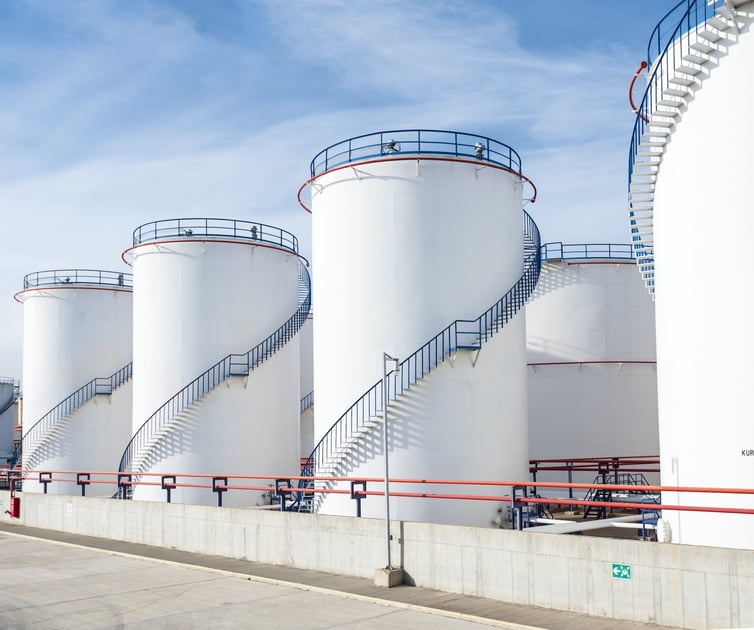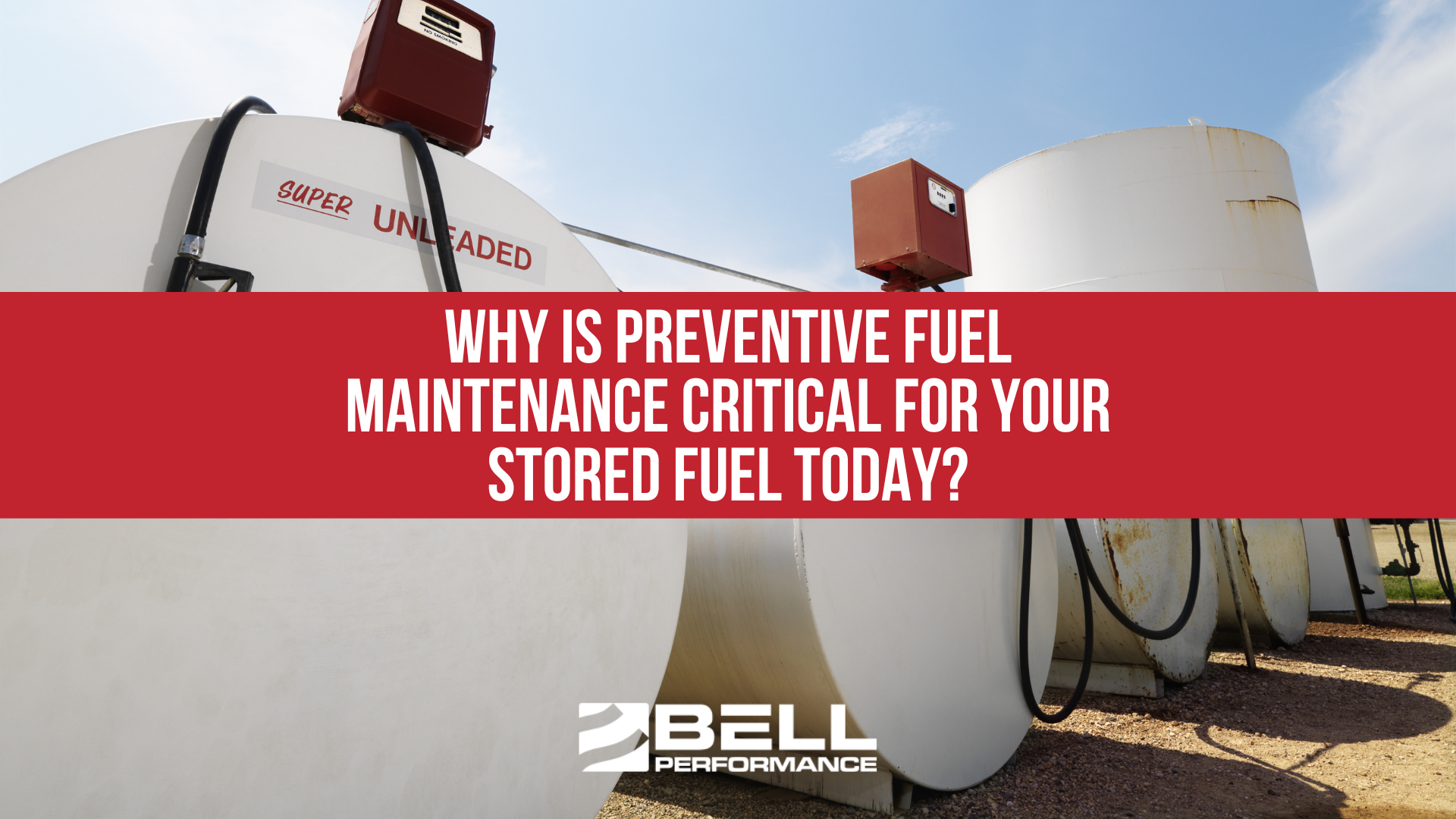Why Is Preventive Fuel Maintenance Critical for Your Stored Fuel Today?
The concept of preventive maintenance isn't new—we see it everywhere in our daily lives. You change your car's oil before it breaks down. You...
2 min read
Erik Bjornstad : Mar 2 2016

Having a preventive maintenance (PM) program for your stored fuel is important. But many businesses and entities that have significant volumes of stored fuel don’t have one. This puts each and every one of them at greater risk for fuel problems that become more expensive than they need to be.
Preventive Maintenance is more difficult to justify on the budget than fixing a problem is. It’s just the nature of business; indeed, it’s human nature. Psychologists and social scientists can wax poetic about perceived susceptibility – human thought processes that keep people from doing something of a preventive nature because they’re not convinced deep down that bad things really will happen to them. Or they’re not convinced of the severity and cost of the problem if it does occur.
People overlook PM programs because those programs are preventive by definition, and their benefits are harder to quantify. It’s tricky to estimate precisely how much you saved by preventing something vs. how much you had to spend to fix a problem that did occur.
In our personal lives, we all know we have to exercise and eat right, to take preventive measures against chronic diseases that kill millions. How do you measure the savings benefits for those things if they prevent you from having a heart attack or a stroke? We can know how much it costs to treat diabetes after the fact. Predicting the cost savings that come from regular exercise and eating right is much trickier. That doesn’t stop many people from trying to live healthier lives, though.
How do you estimate the cost savings for a fuel PM program if the problems are kept from occurring? That’s a big reason why many businesses don't take these steps. But the smart businesses know they’re worth it.
Whether you’re talking about heart attacks or fixing bad fuel, it is always less expensive to prevent problems than it is to fix the consequences after they happen. The difference is usually on the scale of multiple times less.
This fact alone should spur every single business that has stored fuel to implement a PM program. The smart ones do, and they come out ahead every time.
A fuel PM program helps you detect troublesome problems earlier, before they become really expensive to fix. A fuel preventive maintenance program also gives you a clearer picture of the real condition of the fuel you have, as it sits in the storage tank waiting to be used. Both of these are worth their weight in gold.
A worthwhile fuel PM program aims to combine giving you enough information to predict fuel problems with taking steps to prevent those problems from ever happening, not just fix them after the fact.
A good fuel PM program should implement fuel observation and testing at regular intervals – to give you the best picture of whether your stored fuel’s condition is changing or not.
A good fuel PM program should sample fuel on a regular basis, so you know what it looks like.
A good fuel PM program should incorporate preventive chemical treatments – biocides and fuel stabilizers at a minimum – that have been proven to prevent expensive fuel problems before they start.
None of these elements of prevention costs very much at all. They do cost something, but nowhere near as much as the reactive alternative seems to be.
Fuel biocide treatment at given intervals shouldn’t cost much more than a few hundred dollars (depending on your fuel volume). Compare that to the costs of being reactive instead. You get a microbe problem in your fuel tank. You have to pay someone to come out, clean and disinfect your tank, and polish your fuel. That can easily run into multiple thousands of dollars. And that’s only if the microbe problem stays localized and doesn’t spread to the rest of your equipment.
So the choice is yours. Smart businesses know the value of preventive maintenance for their fuel.

The concept of preventive maintenance isn't new—we see it everywhere in our daily lives. You change your car's oil before it breaks down. You...
In its report released in 2016, the EPA reminded us that there are over 100,000 diesel fuel storage tanks across the country. That’s a lot of tanks...
Back in the day, the storage life of both diesel and gas was measured in years, not months. That’s not the case anymore. Once you get past 6 months...